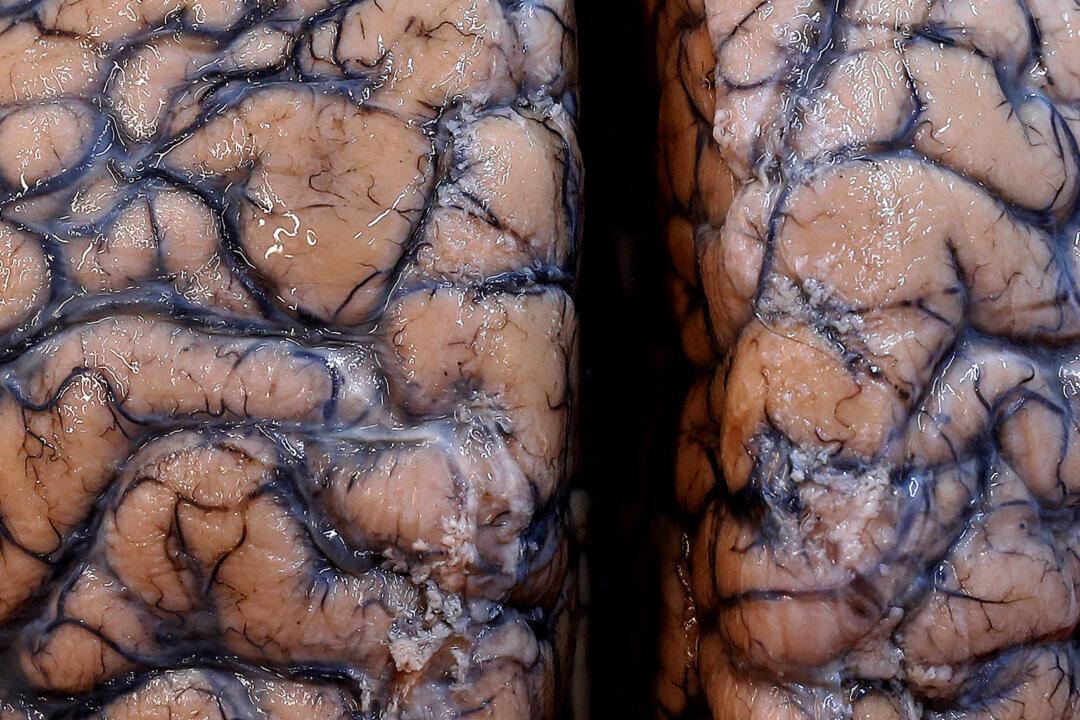Florida Health Officials have confirmed a case of a rare brain-eating amoeba infection in a man in Hillsborough County, Florida, on July 3.
The patient was infected with Naegleria fowleri, a water-borne amoeba that destroys brain cells and causes a fatal condition called primary amebic meningoencephalitis (PAM). This amoeba is commonly found in freshwater bodies like lakes, rivers, ponds, and canals, said the Hillsborough County health officials in a statement.





